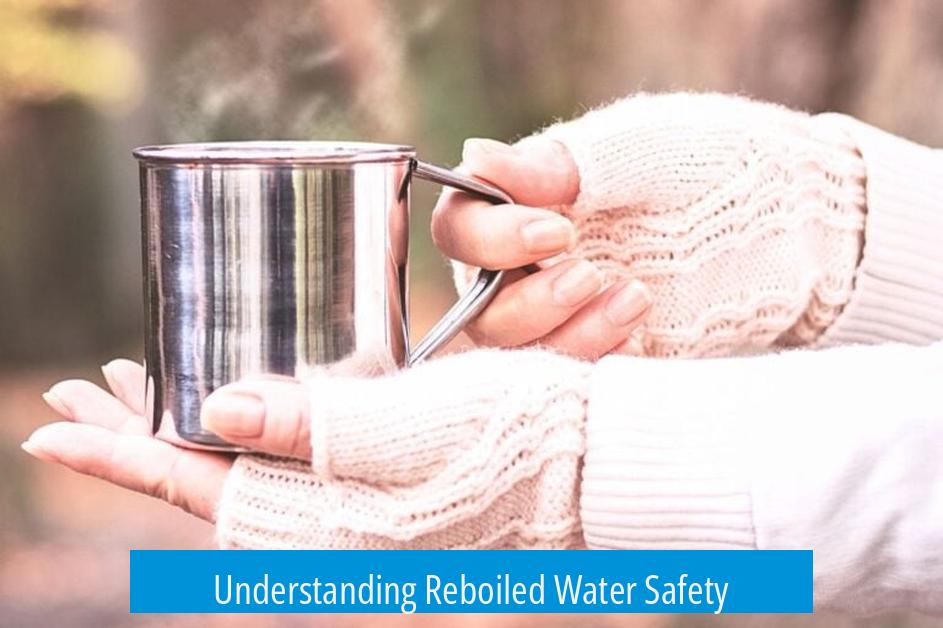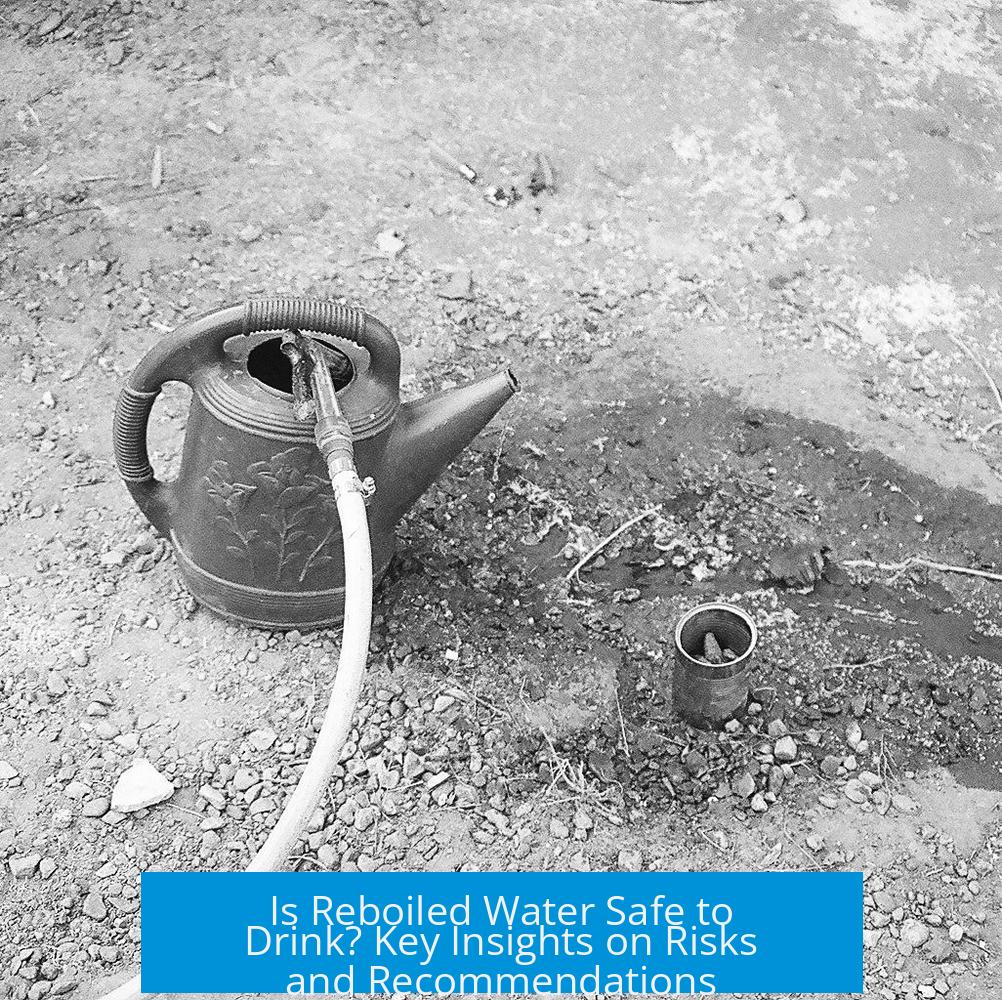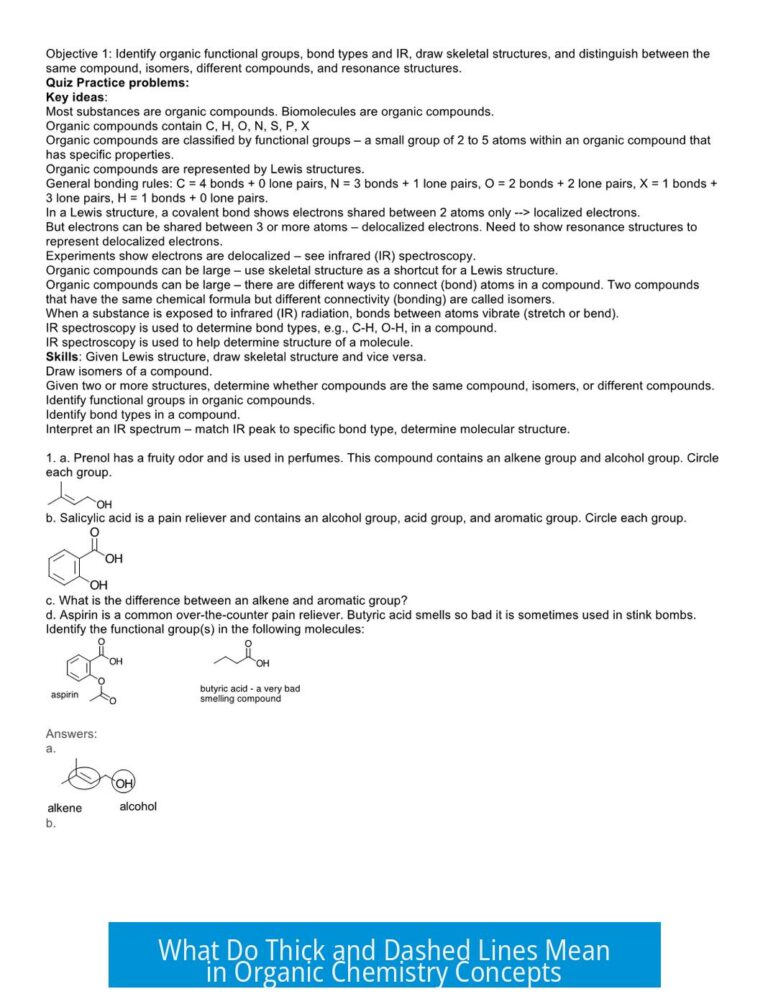Is Reboiled Water Safe to Drink?
Reboiled water is generally safe to drink, provided the water source is clean and the container is free from harmful materials. The main concerns revolve around mineral concentration, kettle material, and water quality rather than the act of reboiling itself. This article details why reboiled water remains safe, potential risks, and practical advice to ensure drinking water quality.
Understanding Reboiled Water Safety

Boiling water kills pathogens, making it safe to consume. Reboiling simply involves heating the water again after it has cooled. From a chemical standpoint, water does not transform in harmful ways simply by being boiled multiple times.
Experts including chemists confirm the safety of reboiled water. Unless the kettle contains toxic substances like lead, repeated boiling does not generate new chemical hazards. The water remains as sterile as water can get.
Key Points on Water Chemistry
- Water is chemically stable through repeated boiling.
- Boiling removes dissolved gases like oxygen, which may alter taste but not safety.
- Minerals that cause water hardness can precipitate out and deposit inside kettles.
Loss of dissolved oxygen may affect flavor, especially in tea or coffee preparation. Some consumers prefer freshly boiled water for better taste, not health reasons.
Potential Risks Associated with Reboiling Water
Mineral and Contaminant Concentration
Repeated boiling evaporates water but leaves minerals and heavy metals behind. This process slightly increases their concentration in the remaining liquid.
For example, if the water volume is halved by evaporation during boiling, minerals such as calcium, magnesium, lead, or arsenic effectively double in concentration.
| Potential Contaminant | Health Concern | Reboiling Effect |
|---|---|---|
| Calcium and Magnesium (Hard Water Ions) | May contribute to kidney stones and nephrotoxicity if excessive | Increased concentration, potentially harmful to individuals with kidney issues |
| Lead | Nephrotoxicity, neurotoxicity | Concentration doubles if water evaporates; problematic especially in contaminated sources |
| Arsenic | Carcinogenic and toxic effects | Higher levels if initially present; risk increases over prolonged consumption |
In municipal water with typical quality, these concentrations usually stay below harmful levels. However, geographic regions with known contamination problems (e.g., Flint, Michigan) require caution.
Kettle Material and Leaching
The kettle used can influence water safety during reboiling due to potential material leaching.
- Stainless steel and cast iron kettles generally do not release harmful substances.
- Aluminum kettles might leach aluminum ions over long-term use.
- Plastic kettles have potential for microplastic accumulation, especially after repeated boiling cycles.
- Old, degraded kettles may leach metals or minerals, causing adverse effects.
Using modern kettles made of safe materials reduces contamination risks. Regular cleaning to remove limescale buildup improves water quality and kettle longevity.
Microbiological Considerations
Boiling sterilizes water by killing bacteria and pathogens. Some bacterial endospores may survive boiling but only become active under favorable conditions. Reboiling will kill them again.
Problems arise if boiled water is stored for extended periods at room temperature. Bacteria like Legionella may proliferate if water sits unrefrigerated for many days. Reboiling before use eliminates these bacteria effectively.
Keeping water stored for one or two days poses no notable risk, but longer storage or improper containers should be avoided.
Practical Recommendations for Safe Consumption
Water Source and Testing
Knowing the quality of the tap or source water is key. Testing water hardness and contamination levels can guide drinking water practices.
- Use a Total Dissolved Solids (TDS) meter to measure mineral concentration before and after boiling.
- Consider local water quality reports to assess heavy metal or contaminant presence.
- If hard water or contamination is confirmed, use filtered, bottled, or softened water for drinking and reboiling.
Kettle Maintenance and Material Choice
Choosing kettles made from stainless steel or other food-safe materials reduces health risks.
- Regularly descale kettles to prevent mineral buildup which can affect taste and kettle durability.
- Avoid kettles with visible corrosion or damage, which can leach metals into water.
- Limit use of plastic kettles to reduce microplastic exposure.
Boiling Practices
Efficiency and safety can be optimized by:
- Boiling only the water volume needed instead of excessive amounts.
- Using freshly drawn water for boiling when possible to improve taste.
- If reboiled water is stored, avoid long room temperature retention and reboil before consumption if stored over two days.
Scientific Evidence Supporting Reboiled Water Safety
A comparative scientific study titled “Quality change mechanism and drinking safety of repeatedly-boiled water and prolonged-boil water” evaluates risks associated with reboiling.
The study concludes that repeatedly boiled water remains safe for drinking under normal conditions. Chemical changes are minimal, and microbial risks are controlled by boiling. Only in scenarios of extremely poor water quality does reboiling potentially increase health risks by concentrating contaminants.
Addressing Common Myths
- Myth: Reboiled water contains dangerous chemicals formed from boiling.
- Fact: Water molecules remain unchanged; boiling does not produce harmful compounds.
- Myth: Reboiled water causes kidney failure because of mineral buildup.
- Fact: Mineral concentration increases slightly but rarely reaches harmful levels unless starting water is heavily contaminated or hard.
- Myth: Drinking water that was boiled more than once is unsafe regardless of context.
- Fact: Safety depends on water source and kettle material, not the number of boils.
Summary Points
- Reboiled water is safe for consumption when sourced from clean water and boiled in safe containers.
- Repeated boiling concentrates minerals and possible contaminants due to evaporation of pure water.
- Hard water may increase mineral content, potentially impacting individuals with kidney issues.
- Kettle material matters: stainless steel is preferable; aluminum and plastic may leach substances.
- Microbial risks are controlled by boiling but avoid long-term storage of boiled water at room temperature.
- Regular kettle maintenance like descaling improves water taste and safety.
- Using fresh water for each boil enhances taste but does not affect safety much.
- Water quality testing supports safe consumption decisions.
- Scientific research confirms reboiled water does not pose health risks under normal conditions.
Is it harmful to drink water that has been boiled multiple times?
Reboiled water is generally safe to drink. Boiling does not create harmful chemicals. However, repeated boiling may concentrate minerals like calcium and magnesium, which can affect taste and hardness.
Can reboiling water increase harmful metals or toxins?
Boiling can slightly increase the concentration of metals like lead if present in the water. This risk depends on water quality and kettle material. In normal municipal water, the increase is usually negligible.
Does the kettle material affect the safety of reboiled water?
Yes, kettles made from certain materials like aluminum or old degraded kettles may leach metals into the water when repeatedly boiled. Stainless steel kettles pose less risk of contamination.
How does reboiled water affect the taste of tea or other drinks?
Reboiling can remove dissolved oxygen from water, which some say makes tea taste flat or bland. Freshly boiled water often improves flavor, though no health risks are linked to reboiled water.
Is it dangerous to store boiled water before reboiling?
Storing boiled water for long periods at room temperature can allow bacterial growth. Drinking water boiled within a day or two is safe, but avoid keeping it unrefrigerated for many days.





Leave a Comment